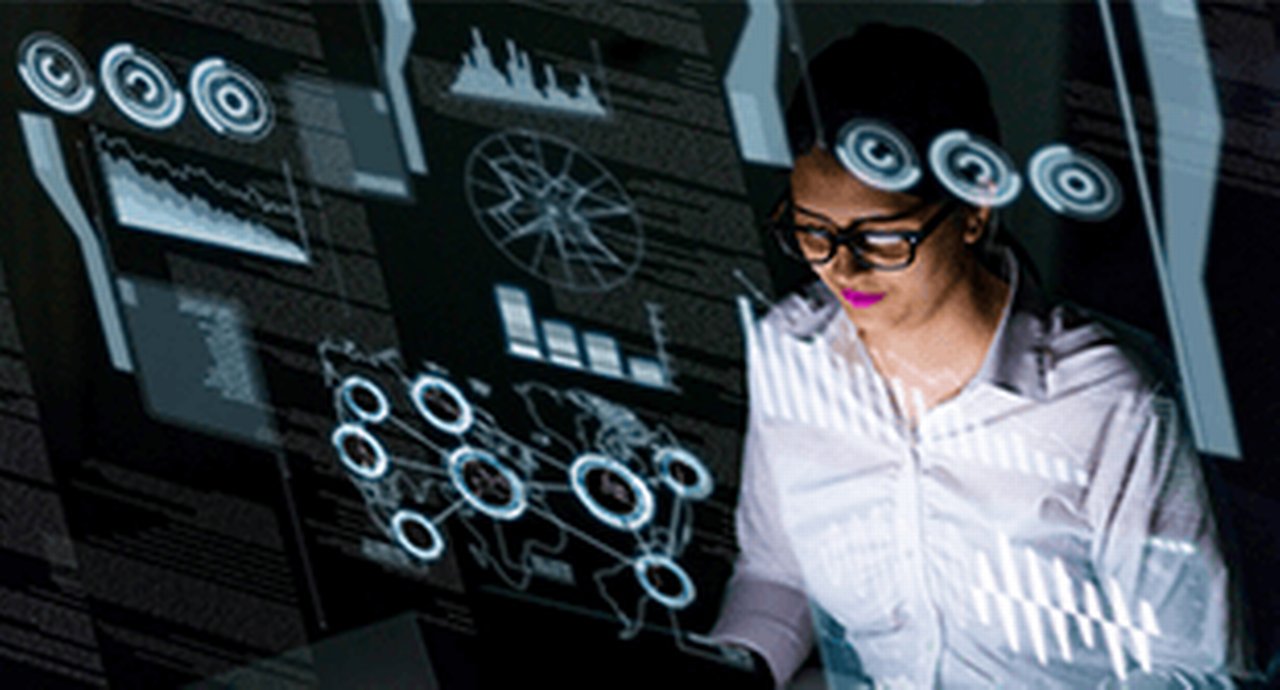June 2018
Neil Frederik Jensen joined the 5000 attendees of Money2020 in its new Amsterdam home and reports a sea-change in bank-fintech cooperation to deliver a better financial services experience to the end user
Open Banking (OB) is upon us, transforming the landscape, delivering greater choice for customers and creating a very definite catalyst for change. That was one of the dominant themes at Money2020 2018 in Amsterdam.
More than 5000 delegates from the payments, fintech and financial services industry from 85 countries descended on the RAI Convention Centre (the event’s new home) for more than 90 hours of intense content at the leading fintech conference.
Banks, according to a number of speakers, now “believe” in OB, the accepted acronym for Open Banking, but one should remember they have no choice; PSD2 has prised open the doors and third party providers are waiting in line to enter the market.
Creative co-existence
To quote Deutsche Bank’s own Joris Hensen (Vice President, Private Wealth and Commercial Clients), “it is the business model of the future”. Banks are now inviting fintechs to use their data and there’s no shortage of companies developing technology that will create the OB ecosystem that will bridge the gap between banks, fintechs and their clients. PSD2 has also been the trigger for a wave of innovation within banks eager to protect their franchise while demonstrating they can adapt to the shifting environment.
Open Banking is just one, admittedly vastly important, aspect of the new financial world. After the face-off between banks and the spiky newcomers that took place a few years ago, creating tension and furrowed brows in bank boardrooms everywhere, there is a new age of creative co-existence that has developed. Fintechs need banks and banks certainly need the fresh impetus that these companies bring to the equation.
There was plenty of suggestions for banks, not least in who they should partner with. “Don’t get together for PR reasons, only form partnerships with people once you know what direction you are going in and then link-up with those who can help you win – to grow and be more successful,” was one of the best pieces of advice.
Future Bank
Of course, everyone has their view on banking – the conference was packed with people that have long been out to disrupt the status quo - indeed, there were many sessions devoted to the bank of the future, the institutions that can or will emerge as the winners, how banks need to continue the next step of their evolution, and what’s still stubbornly wrong with the correspondent banking system. Money2020 would not be Money2020 without such discussions. In some quarters, providers of banking services were no longer calling themselves banks, but rather providers of transaction services.
Interestingly, an analysis of the banking industry by one presenter took the audience back to the 1960s when companies like IBM were starting to become dominant. While pointing out that IBM owed some of its success to the broad adoption of its services by industries like banking, there is now something of a reversal going on in that technology companies can facilitate the reinvention of banking.
There’s an urgent requirement for that to accelerate, but as an analyst from a major US bank commented, it is far more complex for banks in core Europe to reimagine their client offering and upgrade their technology than in emerging markets like Asia and parts of Europe.
Adapting to change
Technology is at the heart of the challenge, but excessive expenditure – in relative terms spend has declined among banks – does not make a bank a technology company. “Stop pretending,” pleaded one panel member. “Banks are banks, not an Apple, Google or Microsoft.”
Technology is, however, clearly reshaping the banking industry, with some banks better at adapting than others. “Digital is the medium of our time,” said one corporate leader, “and with digital comes greater expectations”. At the root of the problem of this metamorphosis, however, is the legacy of bolted-together systems that characterise the infrastructure of many large global banks.
Chris Skinner, a well-known fintech expert and market voice, revealed that some companies in China, for example, have been through several system upgrades in a very short space of time in order to keep offering state-of-the-art services to their rapidly growing client bases, something which is totally alien to the traditional banking model. He added that if banks embark on digital transformation with infrastructure that has been pasted together, there are massive problems ahead.
Money and data
At the same time, banks are exploring the prospect of Artificial Intelligence (AI), which is increasingly becoming part of business platforms. Banks are looking at applying AI to front-end and back-end functions as well as fraud detection and a number of automated processes. It’s not just about the gimmicky “robots” used at conferences such as Money2020.
It is conceivable that AI will play a key role in the age of “Data”, as particularly since the launch of GDPR (Global Data Protection Regulation), banks need to be able to better manage data for their customers. Consumers need enhanced protection around their data and banks have to provide it.
Banks are more heavily regulated bodies than technology companies, notably the so-called GAFA (Google, Amazon, Facebook and Apple) group, the organisations that may yet be the main rivals to banks rather than the many “challengers” being established. These companies can move much more nimbly than banks, because the banking sector has something like five times the number of regulations, which implies that, at this moment in time, money is more important than data.
In Zennan Green’s Money2020 blog, he notes that “GAFA collectively invests billions of dollars into developing better experiences that delight their customers”. The result? “People form much stronger relationships with the platforms in their pockets than with their banks”, which in his view represents a gradual shift in the balance of power.
Safety and trust
And what will money look like in the future? Cryptocurrency was high on the agenda in Amsterdam, but for every advocate there was a sceptic. Certainly a panel of central bankers pointed out that the lack of regulation, as well as stability, around these new instruments will challenge the broader adoption of crypto. The full risks are not yet apparent to investors, said the bankers, who underlined the one thing that central banks are selling is safety and “trust”.
On the subject of safety, cybersecurity continues to worry the industry, and rightly so. Money2020 put together a session that included a hacker – albeit an “ethical hacker” with a cyber-psychologist – if ever there was a sign of our confusing times, it was surely this panel. Nobody is in charge of cyberspace, apparently it is a feral world a rather daunting thought that might send the faint-hearted in search of a cyber-psychologist.
Money2020 was, as ever, stimulating and eye-opening. Past editions have certainly made their mark in providing a short, sharp shock to those in denial and reluctant to confront change. On the evidence of this year’s conference, more people are singing from the same song sheet across fintech and banking than ever before.
Neil Frederik Jensen is a freelance financial journalist and former Co-Editor of flow
Go to Corporate Bank EXPLORE MORE
Find out more about products and services
Go to Corporate Bank Go to Corporate BankStay up-to-date with
Sign-up flow newsbites
Choose your preferred banking topics and we will send you updated emails based on your selection
Sign-up Sign-upSubscribe Subscribe to our magazine
flow magazine is published annually and can be read online and delivered to your door in print
You might be interested in
CASH MANAGEMENT, REGULATION
Open banking – heralding the dawn of open finance? Open banking – heralding the dawn of open finance?
As open banking gains traction, regulators are turning their attention to the next stage of development. Regulatory expert Polina Evstifeeva reviews initiatives
CASH MANAGEMENT
The art, and science, of the possible The art, and science, of the possible
In the face of falling margins and rising competition – including some from non-traditional sources – the payments industry is under pressure to deliver digital, seamless and transparent solutions
CASH MANAGEMENT, TECHNOLOGY
Sign of the times Sign of the times
Digital signatures quickly proved popular with major corporates, but the Covid-19 epidemic is now accelerating take up by companies while the service is expanding to more countries



